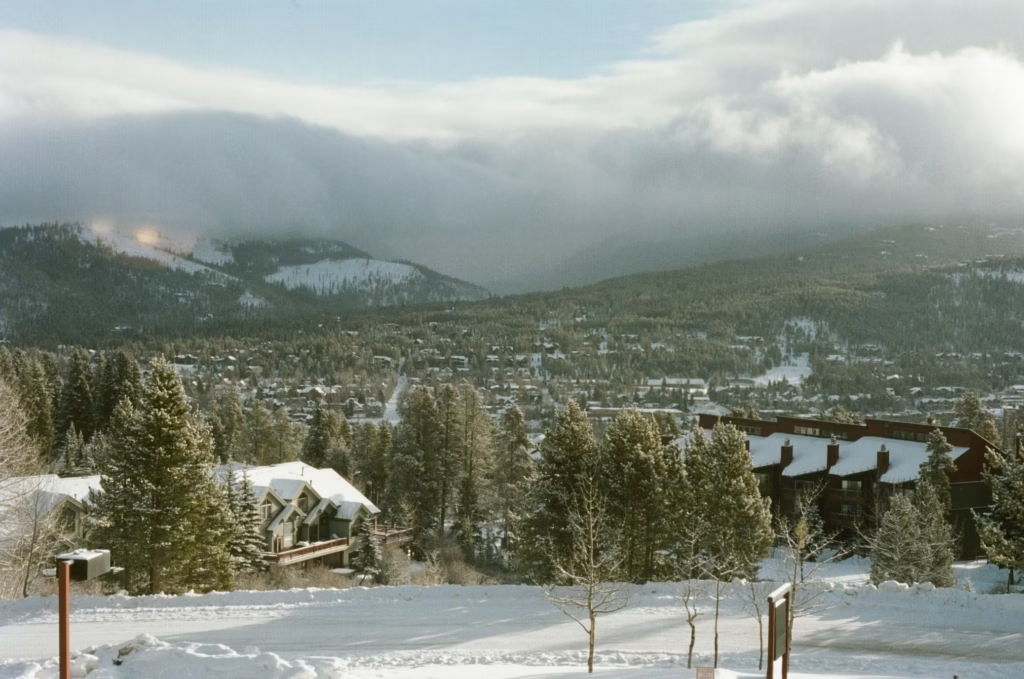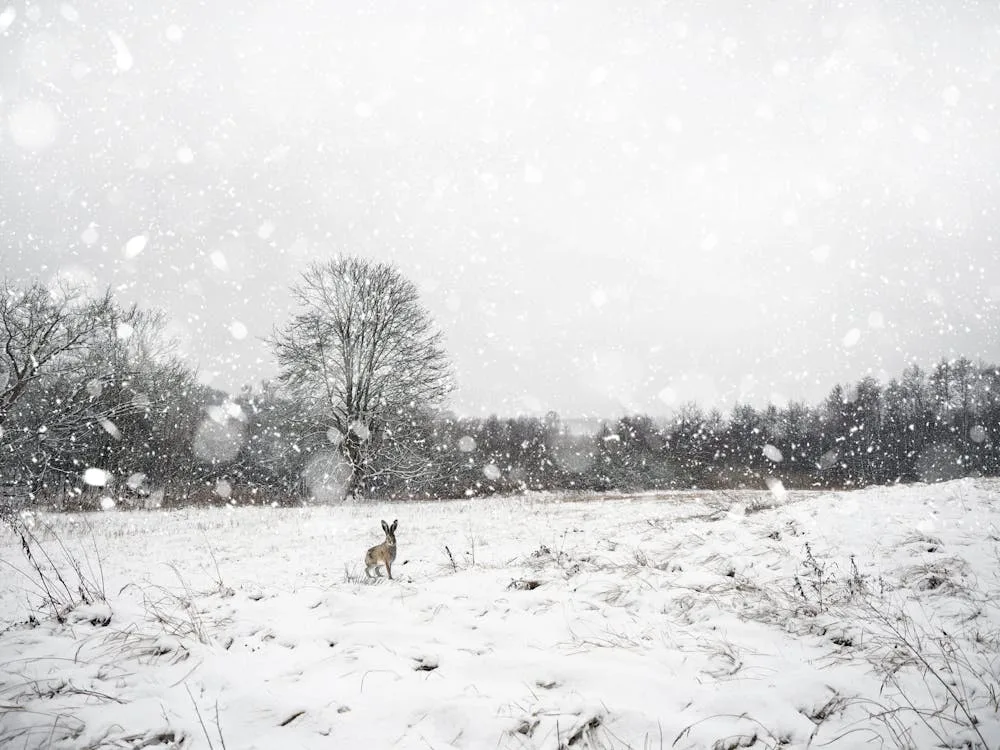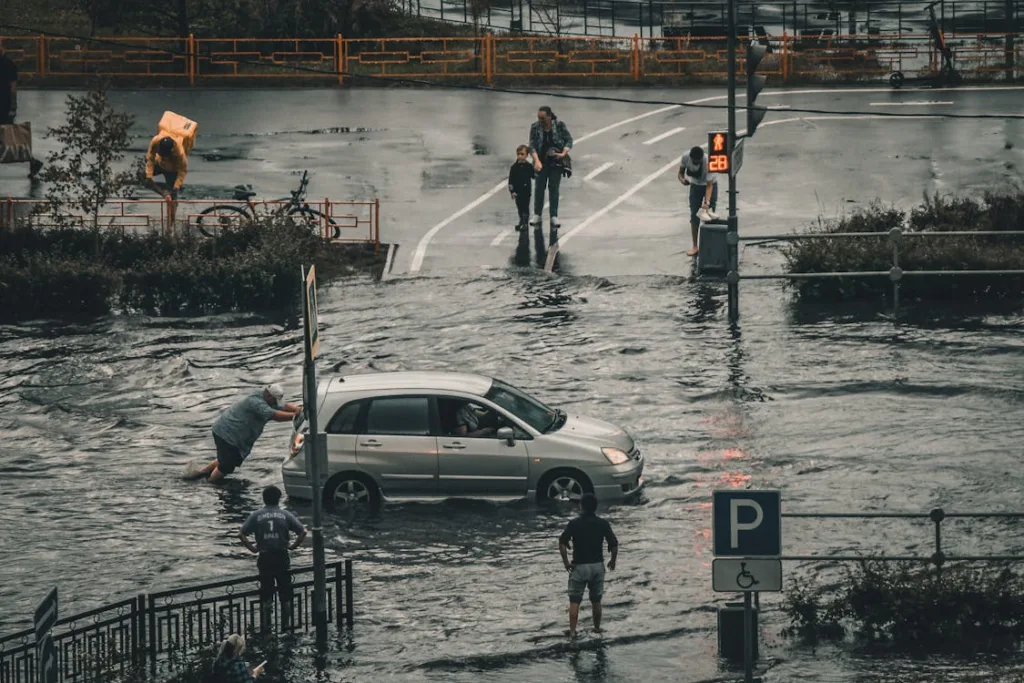Winters in Ukraine have changed significantly in recent years. Whereas winter used to be a season of snow, frost and blizzards, now the winter weather is more like late autumn. Yes, global warming is to blame.
The lack of snow affects not only your mood, the ability to ski or sled. Snow cover is of great importance for all ecosystems. What is happening to it now and what are the consequences for nature? The Ministry of the Environment explained.
Read also: Healthcare Development Strategy until 2030 approved: key changes and prospects
Ahead of Europe in warming
‘Ukraine is one of the regions of the planet where the temperature has been rising at the highest rate over the past decade,’ says Svitlana Krakovska, Head of the Applied Climatology Laboratory at the Ukrainian Hydrometeorological Institute. ’Over the past 60 years, the average temperature in our territory has risen almost 2.5 times faster than the global average. We are even ahead of Europe: the growth rate of the average annual temperature in Ukraine in 1961-2023 was 0.41 degrees per decade, while in Europe it was 0.34 degrees. And the main warming occurs primarily in winter.’

When was the last time it was winter
Climate winter in Ukraine begins when the average daily temperature is consistently below 0°C. A quarter of a century ago, it came almost according to the calendar. But now, due to global warming, there is no winter. According to the Central Geophysical Observatory, climatic winter has not been recorded in Kyiv for the past three years: 2022, 2023 and 2024. In those years, the average winter temperature was above 0°C.
‘Currently, Ukraine is characterised by temperature fluctuations in winter: from +5 to -5 degrees. However, against the backdrop of a fairly high temperature, short-term waves of extreme frosts or abnormally strong blizzards that paralyse infrastructure can occur – and these are also manifestations of climate change. Due to global warming, the climate has become more unstable and unpredictable, with deviations from the norms increasing significantly. That is, against the backdrop of snowless winters, abnormal weather events can occur, when warm, above-zero temperatures are replaced in a few days by short-term, but very severe frosts that break through to us from the Arctic,’ the scientist explains.

Why we need snow
Due to the ‘new’ mild winters, stable snow cover is rare and does not last long. However, the snow cushion is of great importance in many ecosystems. Snow is an important source of soil moisture. Its absence reduces water reserves, which negatively affects plant growth and crop yields. This problem can be especially acute in the steppe regions of Ukraine, where there is already a lack of moisture. In addition, snow replenishes underground aquifers. In recent years, Ukraine has been experiencing soil drought, largely due to the lack of snow.
Snow protects plants from frost. If there is a severe cold snap and there is no snow, this can lead to freezing of the soil and damage to the root system of plants. This applies to both crops and wild plants. For example, in the Carpathian Mountains, a lack of snow can have a negative impact on spruce forests, which are an important part of the region’s ecosystem.
Animals also need a snow cushion. Many species of insects and birds use it as a shelter. Hares have evolved to camouflage themselves from predators in white, and now the lack of snow makes them more vulnerable. Animals hibernating in winter have trouble sleeping due to the warm weather and lack of snow cover. For example, badgers, bears, hedgehogs and others do not get enough sleep.
Snow cover prevents soil erosion by keeping it from being weathered and washed away. The absence of snow intensifies erosion processes, which reduces soil fertility.

What we risk
Warm winters cause snow to melt quickly and unevenly, which increases the risk of flooding in spring. This is especially true for the mountainous regions of the Carpathians, where rapid snowmelt causes water levels in rivers to rise and flood settlements.
The lack of snow has a negative impact on various sectors of the Ukrainian economy. In particular, the yields of many crops are declining. Without snow, plants often freeze out and the soil lacks moisture. Winter tourism, which is an important source of income for mountainous regions, is also affected.
At the initiative of the World Meteorological Organisation in cooperation with UNESCO, 2025 has been declared the Year of the Cryosphere. Can we personally influence the slowdown in warming? Not globally. But we can try. For example, reduce the number of car trips by choosing public transport. Pay attention to renewable energy sources, which is especially important in times of blackouts. And also to raise awareness of the importance of glaciers, snow and ice for the climate system and the hydrological cycle of the planet.
Read also: Cooperation with the UN in humanitarian sectors: Help experience in Ukraine



